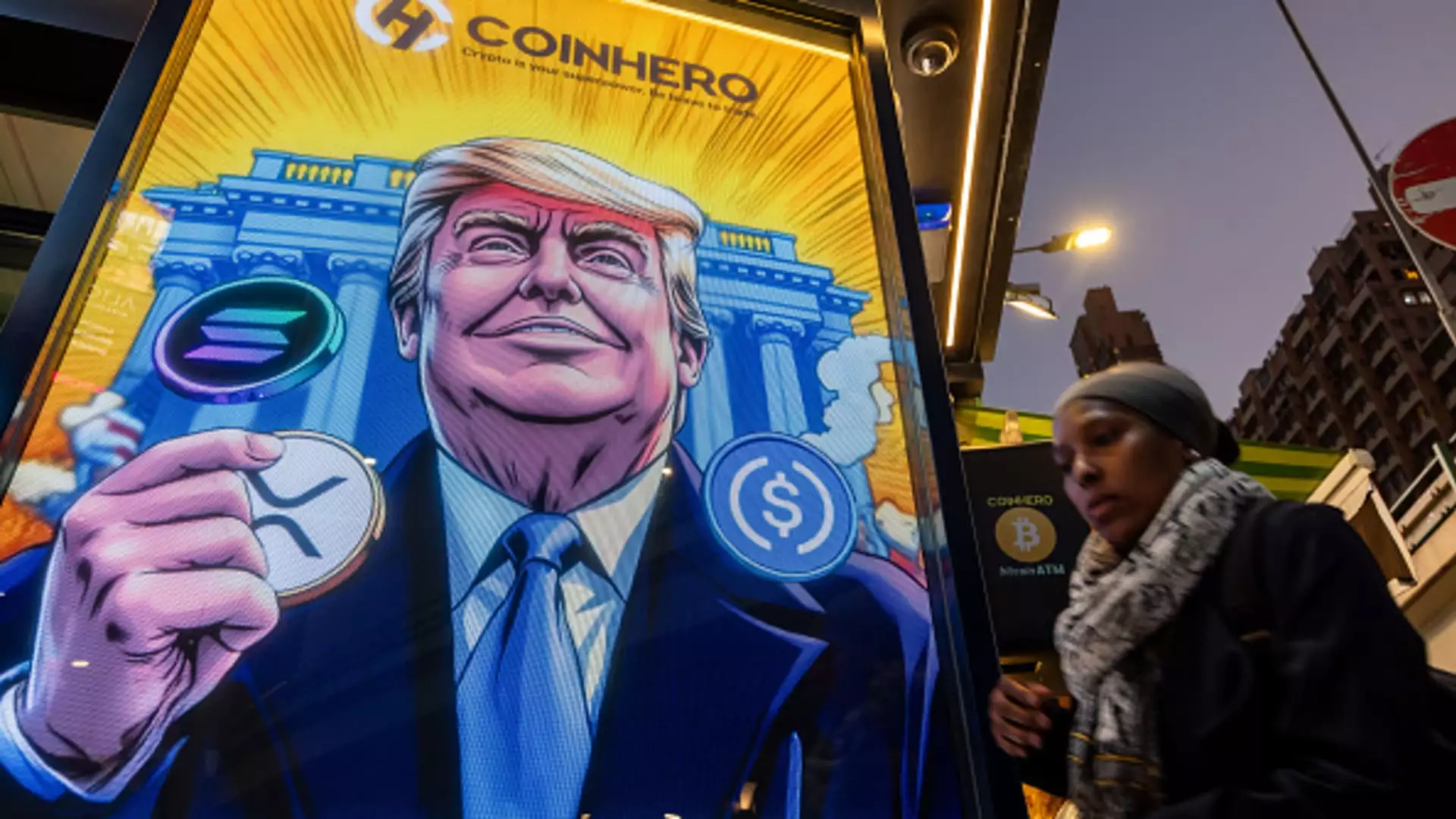The cryptocurrency market continues to evolve at a breakneck pace, with new projects, tokens, and investment opportunities emerging almost daily. Recently, one of the most talked-about developments has been the announcement of the Rex-Osprey Trump ETF, a proposed exchange-traded fund designed to track the newly launched Trump crypto token. This fund represents not just an investment opportunity but signifies a growing acceptance and institutionalization of digital assets in the financial landscape. However, this eagerness to introduce an ETF linked to a politically charged token raises critical questions about regulatory compliance and market stability.
What sets the Rex-Osprey Trump ETF apart is its potential legal structure, which reportedly includes a Cayman Islands subsidiary. Such a move suggests strategic planning aimed at navigating the complex regulatory environment surrounding cryptocurrency investments. Unlike traditional Bitcoin ETFs, which are relatively uniform in their operations and regulations, this fund appears to diverge from established models. While this may facilitate a quicker launch, it also escalates the risk of rejection from regulators who may view this structure as circumventing necessary compliance checks. Investors should be mindful of these risks as they consider their involvement in this ETF.
The announcement of the Rex-Osprey Trump ETF follows a trend of increasing interest in crypto-focused ETFs. Market participants have observed a recent surge in filings for various crypto ETFs, including those targeting Bitcoin, Ether, and altcoins like Solana and XRP. Interestingly, the Trump ETF also aims to encapsulate an array of meme coins, presenting a diversified approach to crypto investments. This blend of serious and whimsical tokens illustrates the wide-ranging interest in the cryptocurrency space, but it may also contribute to market volatility as it attracts a spectrum of retail investors with varying degrees of risk tolerance.
Regulatory scrutiny remains a significant hurdle for cryptocurrency ETFs. Former SEC Chair Gary Gensler was known for his cautious stance on digital assets, and although the current acting SEC Chair Mark Uyeda has initiated a “crypto task force,” skepticism still prevails. The task force aims to provide clarity regarding regulations in the crypto sphere, a move welcomed by industry stakeholders. However, the outcome of such regulatory initiatives remains uncertain and may influence the market dynamics surrounding new ETFs such as the Rex-Osprey Trump ETF.
A Token of Support or a Financial Instrument?
At the heart of the Trump coin is a statement issued by its creators emphasizing that it is meant as an “expression of support” rather than an investment vehicle. This positioning complicates the narrative around the associated ETF. Investors must discern whether they are engaging with a politically charged statement or a legitimate financial instrument. The messaging suggests a potential market drive fueled more by sentiment than by traditional value propositions, adding an additional layer of complexity to the ETF’s potential performance.
While the introduction of the Rex-Osprey Trump ETF signals a shift towards more crypto investment products, the amalgamation of political influence, regulatory uncertainty, and market volatility poses significant questions. Stakeholders are urged to exercise caution and maintain a critical eye on both the product and the broader crypto landscape as this new venture unfolds.

